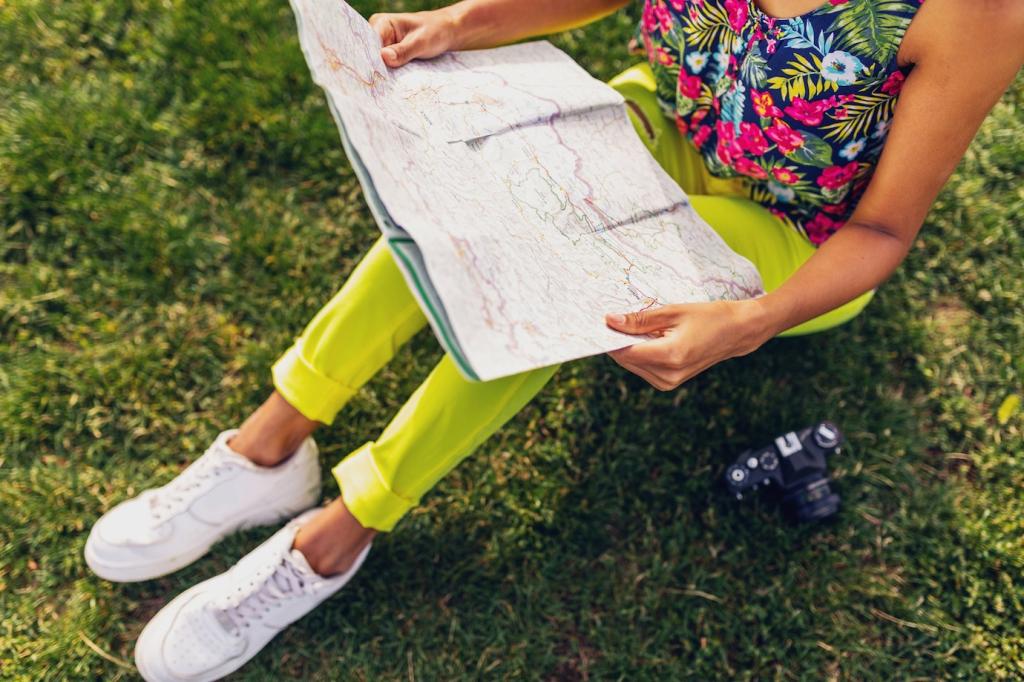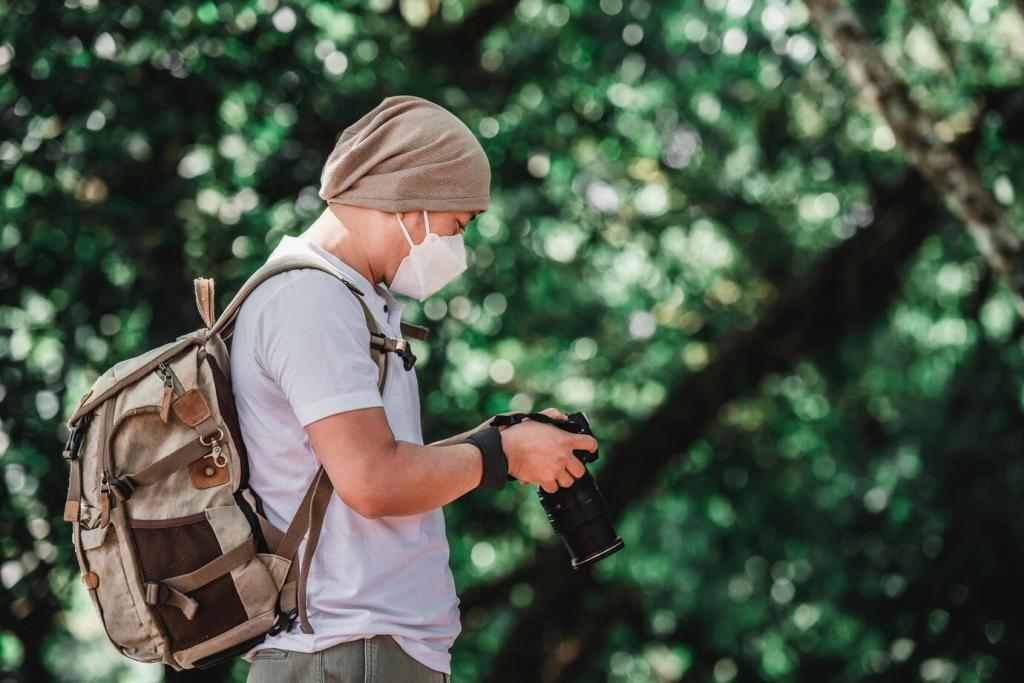Why Eco-Friendly Tourism Drives Sustainable Development
Tourism touches education, decent work, climate action, and life on land and below water. According to UNWTO, tourism supported one in ten jobs worldwide before the pandemic, showing its power. When travel is eco-friendly, that power fuels the Sustainable Development Goals.
Why Eco-Friendly Tourism Drives Sustainable Development
Community-owned lodges and local guides keep revenue circulating nearby, creating dignified jobs and preserving cultural heritage. When travelers choose fair, responsible experiences, artisans, farmers, and youth see real opportunity. Share a local business you loved and why it mattered.
Why Eco-Friendly Tourism Drives Sustainable Development
Healthy reefs, forests, and wetlands underpin the magic of travel and the resilience of communities. Eco-friendly tourism helps fund conservation and reduces pressure on fragile habitats. Tell us: which natural place moved you enough to change your habits for good?




